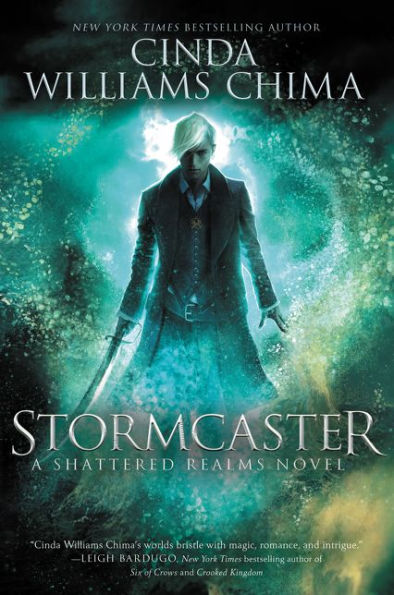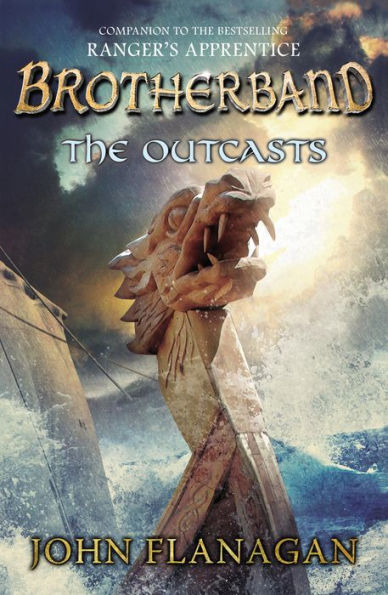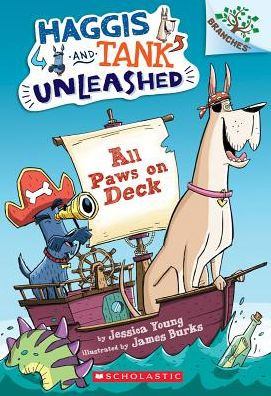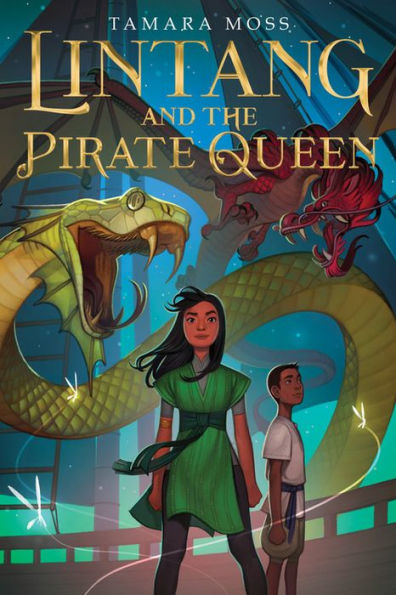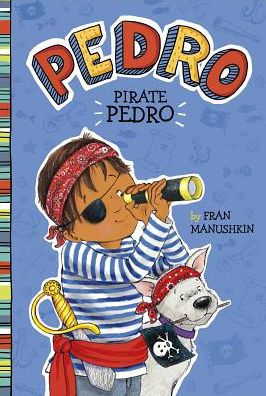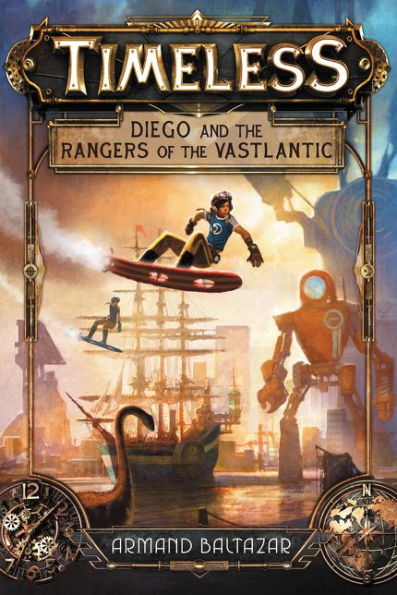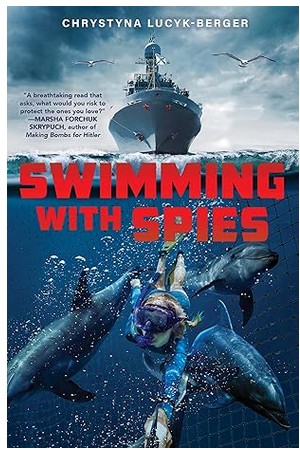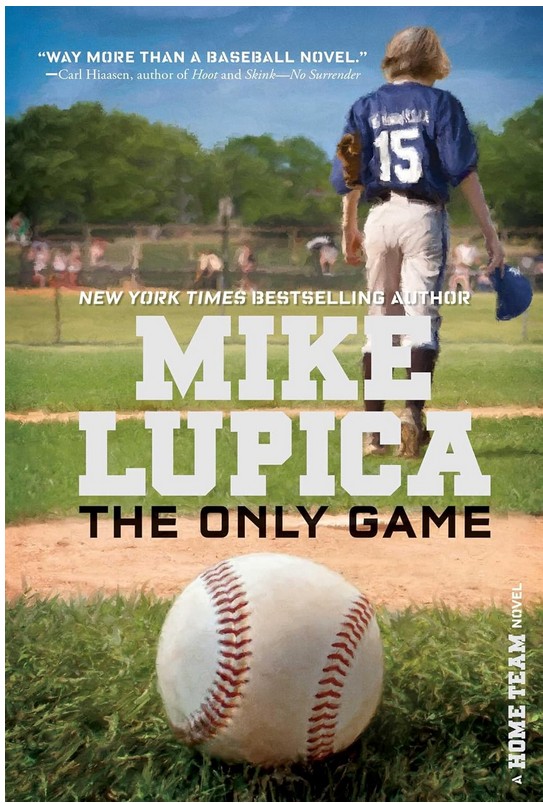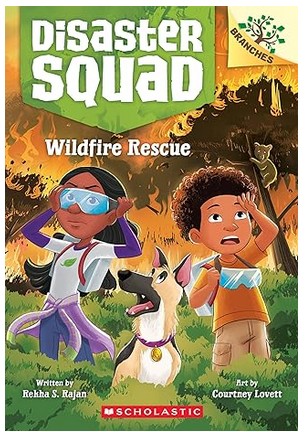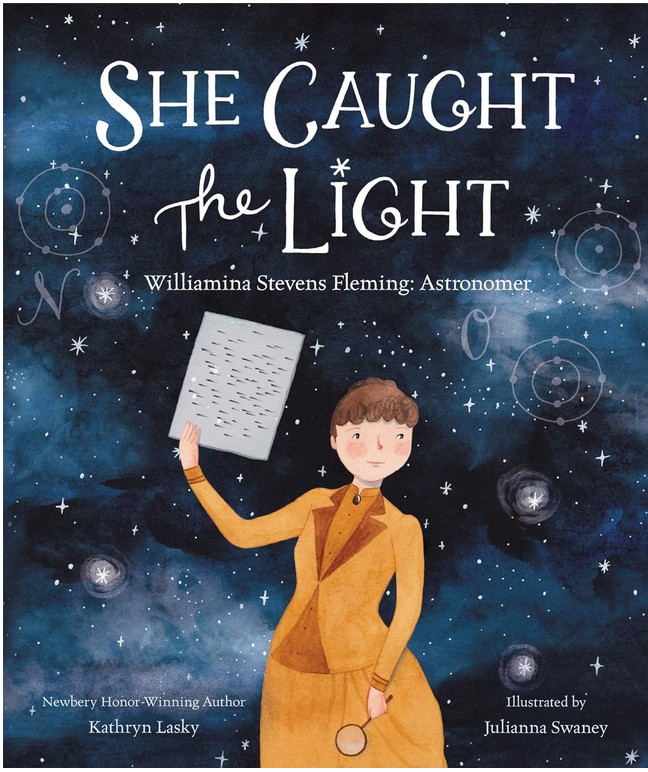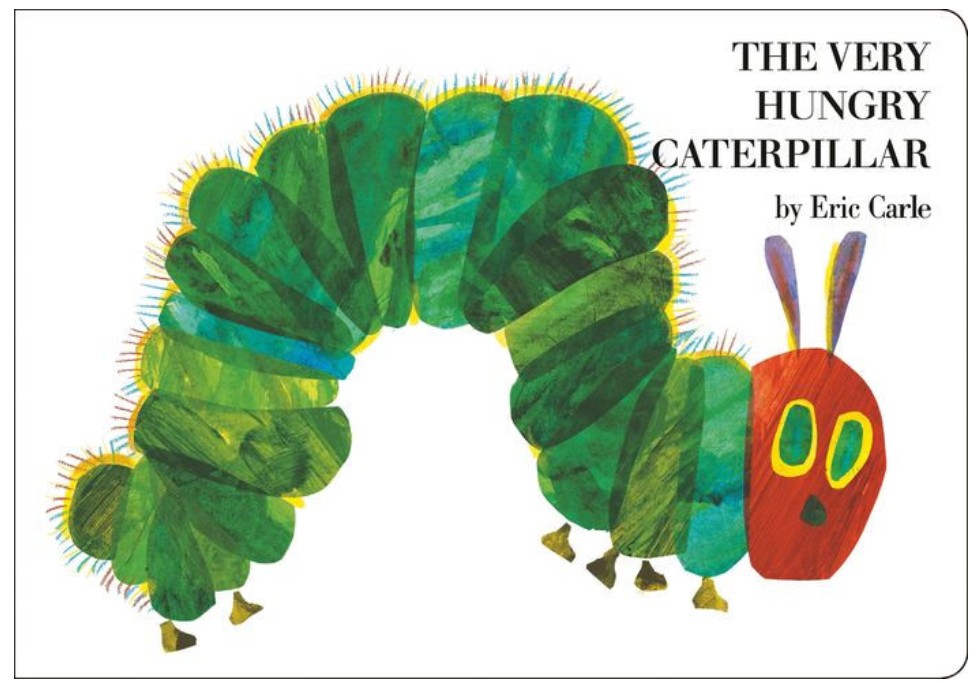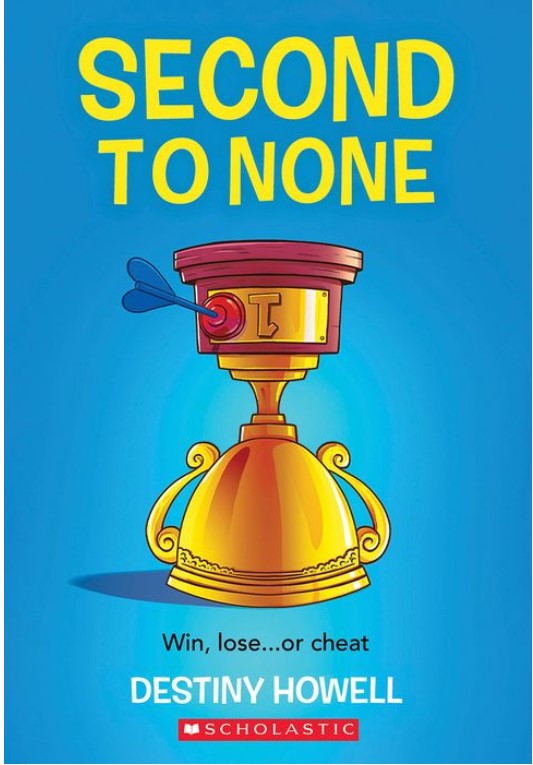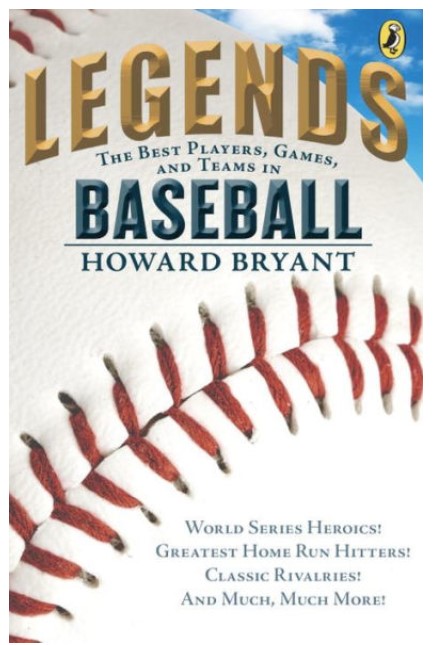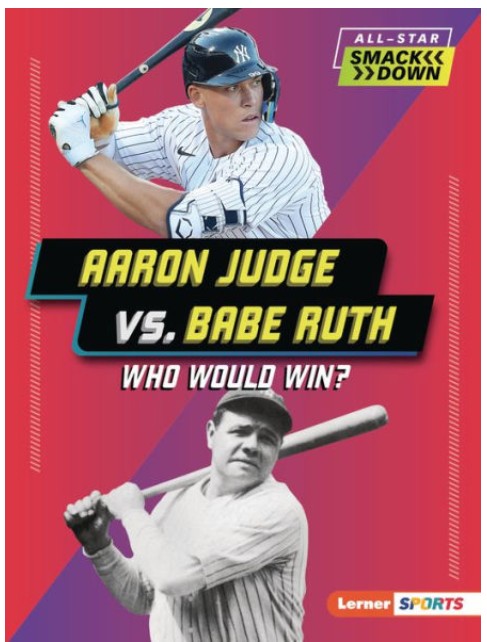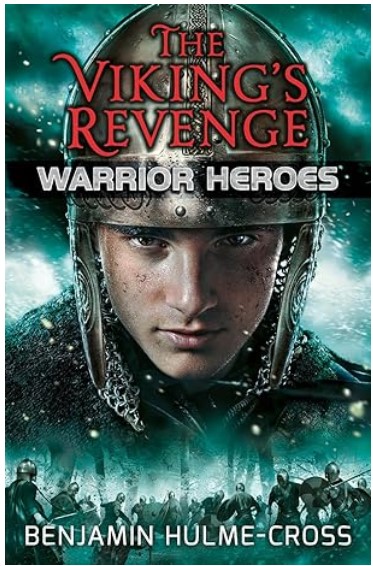Pirate Evan Strangward has been hunted by Empress Celestine for most of his life. Being able to control the weather can only protect him for so long. Now, he’s looking to the Fells for allies to take the fight to the Empress. Evan must warn the queendom that Empress Celestine and her bloodsworn army won’t wait forever to invade.
After four years in Arden, Ash sul’Han is on his way back to his home in the Fells. It’s a chance to see his mother and sister, and all the friends he left behind. But once he finds out his sister, Lyss, was taken by Empress Celestine, he’ll stop at nothing to get her back and save the royal line. Ash might not trust Evan, but he needs the pirate’s help if he wants to infiltrate Celestine’s stronghold and end the war before it gets out of hand.
Stormcaster, the third entry in Chima’s Shattered Realms series, is a wonderful installment in this epic tale. The story primarily follows Evan Strangward and Ash sul’Han. Stormcaster goes back in time to show the beginning of Empress Celestine’s rise to power, as well as Evan’s reason for opposing her. Destin Karn’s backstory is also explored. While this backtracking is extensive, it’s a well-thought-out and interesting addition to the story.
When the backstories are caught up to the present, the rest of the main characters are reintroduced. Ash sul’Han, who was absent from the previous novel, is finally back in the picture. When he makes it home to his queen mother, he finds the world completely changed. Ash is a lovable character, who has matured from his rebellious stage. Now he is willing to do whatever it takes to protect his family. As he struggles to work his way back into a world he doesn’t recognize, Ash embodies the themes of maturity and loss.
Overall, Stormcaster is a fast-paced ride. Since most of the main characters are back in action, each chapter shows the reader another part of the world, creating a fleshed-out and believable setting. Luckily, the shifting views are easy to follow. The story focuses on bringing together most of the main characters, so they can plan how to stop Empress Celestine. Will Ash finally reunite with his sister? Will Evan be able to take down the Empress that’s been hunting him? Readers will find out in the final installment, Deathcaster.
Sexual Content
- When Evan and his shipmate Brody look at Empress Celestine, Brody thinks she’s beautiful. Evan notices Brody “was gazing at the young captain in a way that he’d never looked at Evan.” Later, Evan thinks about his love life. “There were other, less complicated lovers in the ports on both sides of the Indio, boys who offered sweet kisses and warm embraces.”
- Evan and Destin have an ongoing romance. While sitting close together, “Destin put his hand on Evan’s arm, setting his heart to flopping like a beached fish.” However, Destin is afraid of love. “He’d learned his lesson well—that love was as risky as mercy.” Evan thinks, “Do not fall for this dangerous, moody, mercurial boy. It will lead you to heartbreak or worse.”
- After confiding in each other, Evan “gripped Destin’s coat, arched his body up, and kissed him firmly on the lips.”
- Destin’s parents have a terrible relationship. Destin tells Evan that his father “kept pounding on my mother—trying to get her to admit to cheating on him. He didn’t want to believe I was really his.” Later on, Evan asks, “If he didn’t love her, then why couldn’t he just set her aside and marry someone else.”
- When Ash’s mother, Raisa, speaks about her marriage, she says, “I’m glad, now, that I married young, so that Han and I had more time together. It was twenty-five years, but it just flew by.” Later, she tells Ash, “Falling in love in wartime is chancy, just like having children. We’ve had a lot of pain, but a lot of joy, all the same.”
- Madeleine, younger sister to the new King Jarat, says, “They were talking about all the women they’d had, and would have. Jarat said Father never bedded a wolf, but he would, and even a wolf could be tamed.”
Violence
- Destin and Evan talk about killing. Destin says, “Killing is always personal. It’s the second-most-intimate thing that can happen between two people.”
- When Destin and Evan are captured by Destin’s father, the two are forced to fight each other. Evan punches Destin, and then, “Destin somehow wrenched free of his captors, lurched forward, wrapped his hands around Evan’s neck, and began to squeeze.”
- Adrian talks with his mother, and thinks, “Your daughter Hanalea went into the borderlands, and was murdered. Your son went south, and became a murderer.”
- Hal fights members of Celestine’s bloodsworn warriors. During the fight with a horselord, Hal “drove his sword beneath his rib cage, all the way to the hilt.” Later, Hal cuts off a man’s head. “The head splashed into the water, but the body continued to stagger around, spraying blood from its severed neck until it tripped over a rock slab and went down.”
- One of Celestine’s bloodsworn cuts down an old man. “It seemed that one of them wasn’t moving fast enough, because his horselord guard unslung his blade and cut him down.”
- Destin says his father beat his mother. Destin’s father, “beat her all the time. Half to death, once or twice. Sometimes at court, but mostly at his keep on the Bittersweet. He kept a full time mage healer to patch her up again.”
- After Evan calls Destin’s father a monster, Destin says, “Oh, he is. He started beating me, too, once I was too big to ignore and still too small to defend myself. . . If I had to do it over again, I’d have opened his throat and stabbed him through the heart with a poisoned blade and cut off his head and hung it over my door.”
Drugs and Alcohol
- Hal talks to his former subordinate, Bellamy, at a tavern. Bellamy orders a “Small beer. I’m on duty in a little while. On second thought, I’ll have bingo. A double.”
- Lyss bumps into Breon. Breon tells her, “There’s a lot of rum around, if that’s appealing.”
- Destin thinks about King Jarat and his entourage. “They were more than happy to take the young king under their tutelage in the study of drinking, hunting, dicing, wenching, and swordplay.”
- One of King Jarat’s loyal men comes home drunk one night. Destin sees him as he “stumbled to the garderobe and unbuttoned his breeches, hurrying to unburden himself of excess ale.”
Language
- Hell is used a few times. For example, when Evan first meets Destin, Destin tells him, “To hell with your bloody books.”
- Damn is used occasionally. For example, when Evan thinks about his job as a shipmaster, he thinks, “He was damned by his own success.”
- Bastard is used a few times. Once, “When Destin inquired about Lucky Faros, saying he’d heard good things about the young captain, Kadar had informed him that Faros was an ungrateful, greedy, unreliable bastard he should steer clear of.”
- Kadar, the streetlord of Evan’s city, tells Destin, “Go suck the Breaker’s balls.”
Supernatural
- Wizards, also known as mages, are commonplace.
- Wizards and mages produce a power called “flash” constantly. Destin describes flash, “like a kind of magical vapor that dissipates as soon as it appears. Amulets allow us to accumulate enough to work significant charms. Power transfers to it through skin, when you touch it.”
- Destin talks about amulets. “They’re used to store and control magical energy, something we call ‘flash.’ There are other magical tools as well, such as talismans to protect against magical attacks, all made by upland clans.”
- A blood mage is a type of mage that uses blood in their spells. Brody, Evan’s subordinate, says, “They make people drink their blood, and turn them into slaves.”
- Destin is a mage. Evan notes that Destin “had an entire menu of nuanced magic he could work using his amulet and specific words spoken in the wetland language. Power including immobilization, persuasion, interrogation, and the like.”
- In Arden, magic is considered a sin. Destin tells Evan, “Back home, magic is considered to be the work of the Breaker, a misfortune, nonetheless, can be put to use for the greater glory of the crown.” He later says, “A mage is a precarious thing to be in the wetland empire, because of the church. The king finds us useful, but he is as changeable as spring weather when it comes to the tension between magic and religion.”
- Evan is a stormlord, a mage that uses weather magic. When Destin attacked Evan, “A storm surge of magic welled up in him, and electricity crackled across his skin, as if the power that seethed beneath it was leaking out.” Later, Evan “didn’t consciously reach for power, but it came unbidden. Small whirlwinds erupted all around his feet, sucked up a mixture of sawdust and straw, flung it in the soldier’s face.”
- Jenna is one of the magemarked, a group of people that have unique abilities even among mages. Destin tells Evan about Jenna’s abilities: “She claims to be clairvoyant—that she sometimes sees images of the future, sees people as they really are, or can tell when someone is lying.” Later, he also says, “She heals quickly, and is resistant to flame. In fact, she develops a kind of armor for protection.”
Spiritual Content
- Kadar, Evan’s former employer, thinks about his gods. He thinks, “It seemed that Omari Kadar, street lord of the Tarvos waterfront, had been abandoned by the gods.”
- Evan is worshipped by his Stormborn pirate crew. “In the space of four years he’d gone from being a kind of shipboard mascot to being ‘Lord Strangward,’ the central deity of a Stormborn cult.”
- When Evan and Destin get a new ship, Evan wants to perform a ceremony to the gods. Destin’s mother says, “I hope you don’t plan to sacrifice a goat and make us drink the blood. The goats, I need.”
- When Ash tells Lila about his mistakes, she says, “If you want absolution, go to a speaker or priest. I’m hardly in a position to give you advice.”
- Ash’s mother tells him, “Some speakers say that we must wait to be rewarded in the next life.”
by Jonathan Planman
